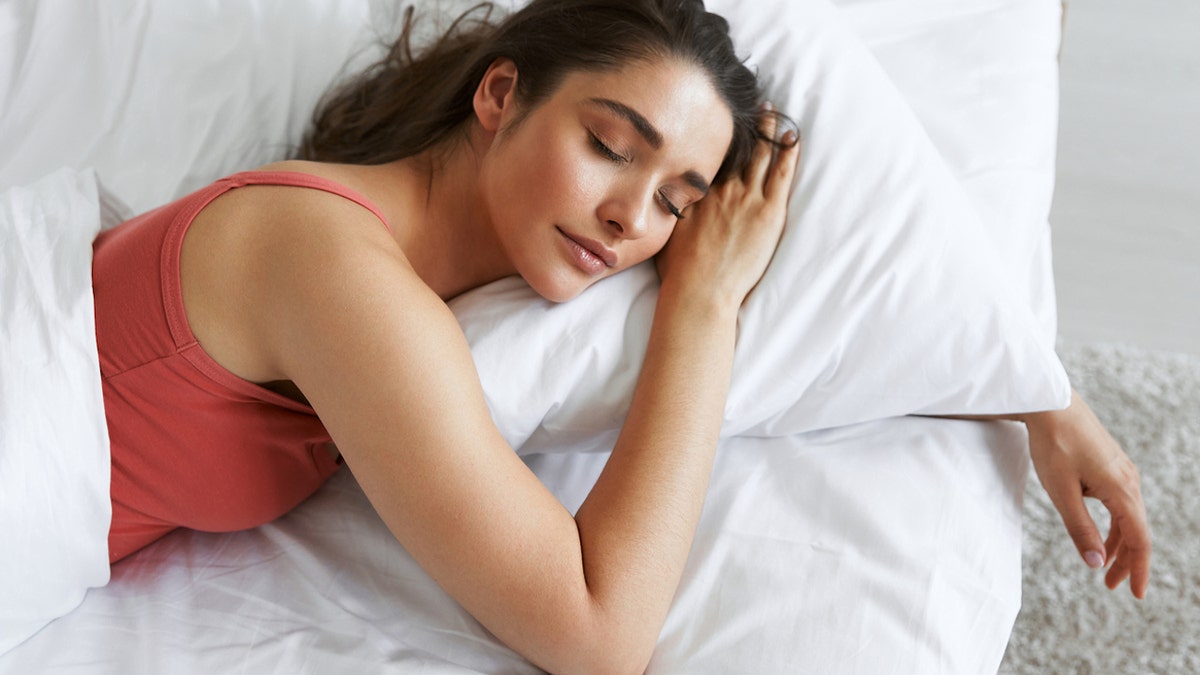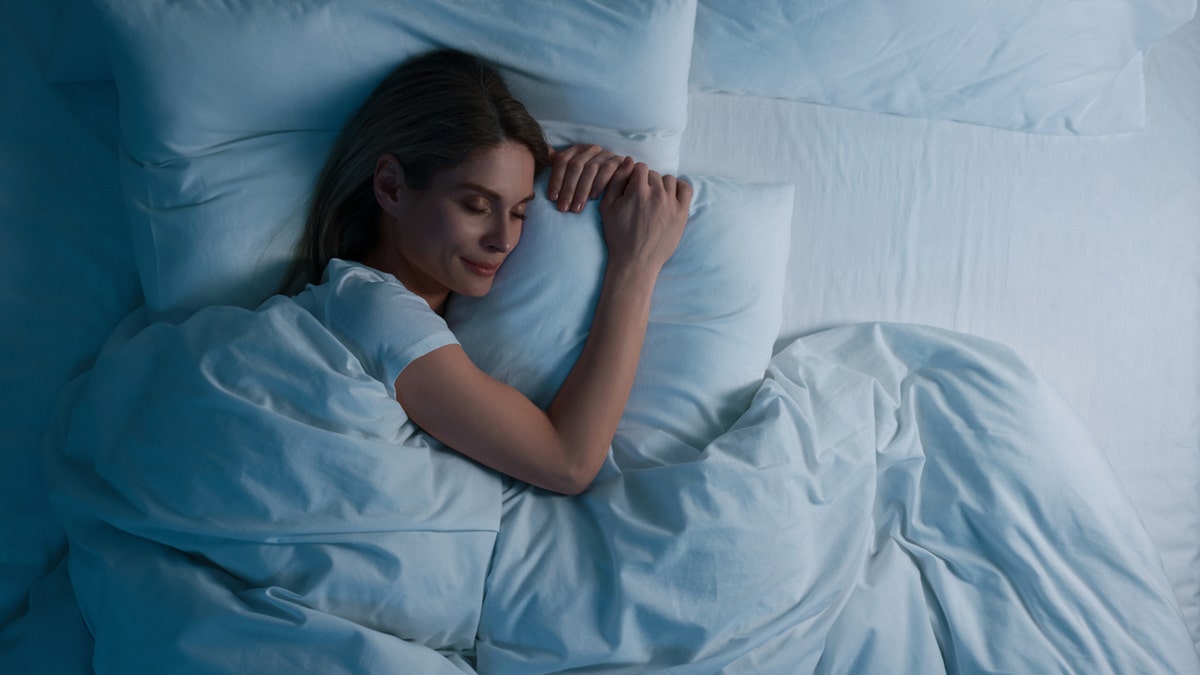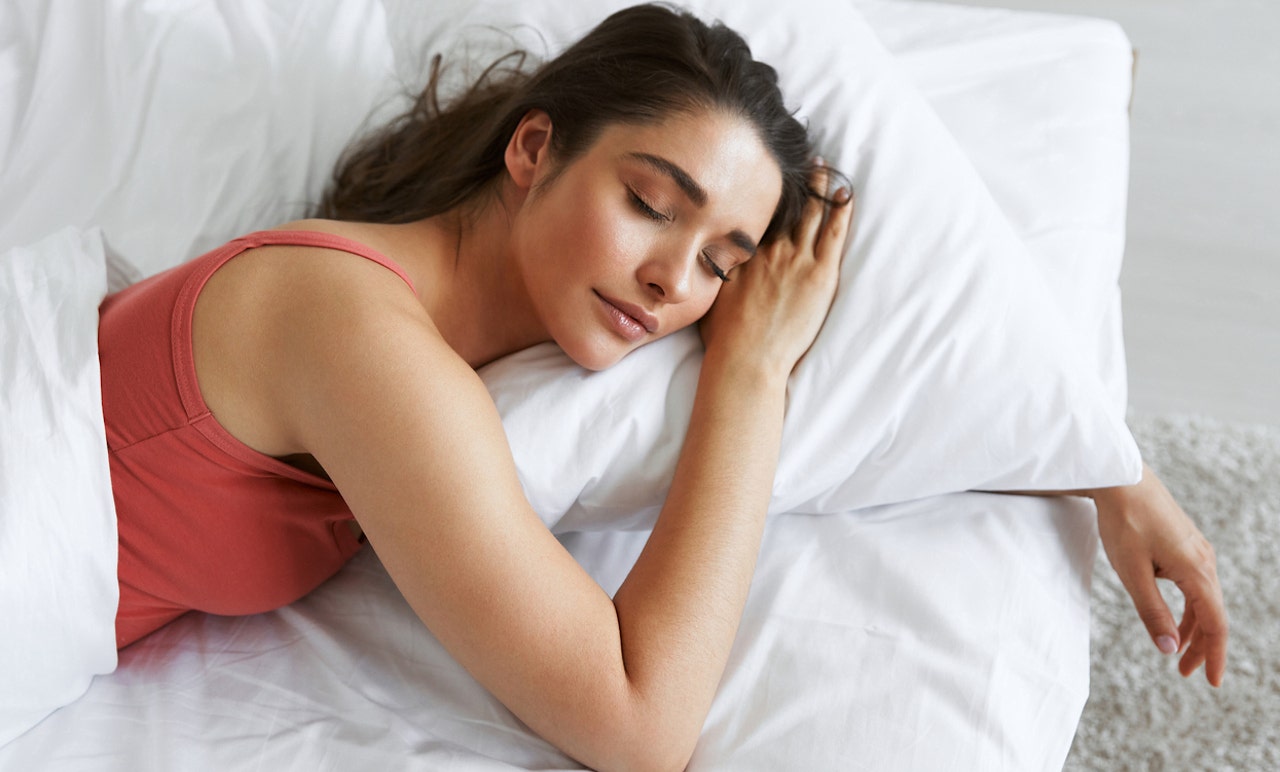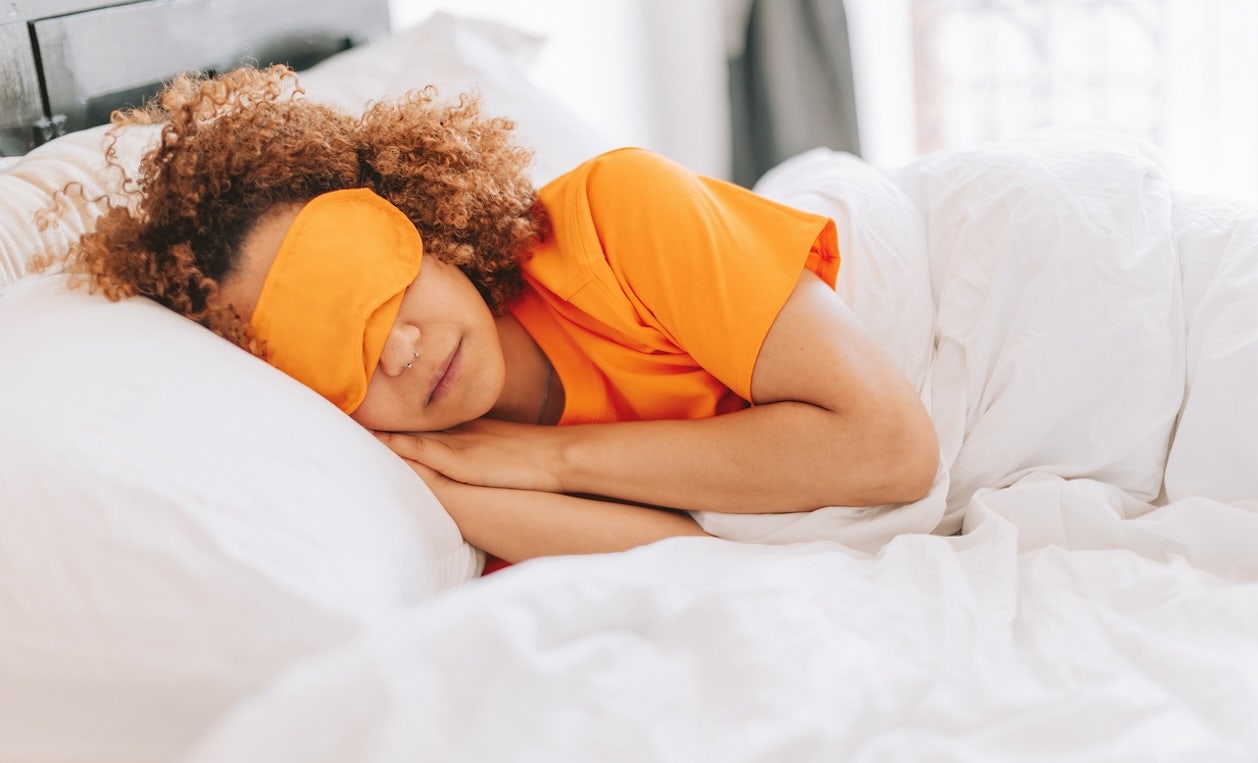For many people who wake up early to attend school or work during the week, lack of sleep is a common complaint.
In a recent Gallup poll, 57% of adults said they would “feel better if they got more sleep,” while only 42% said they get “as much sleep as they need.”
Sleeping late on the weekends is a natural response for some — and new research has found that catching up on shuteye in this way can have surprising benefits for heart health.
AMERICANS NEED MORE SLEEP, LESS STRESS, EXPERTS SAY, AS GALLUP POLL REVEALS TROUBLING FINDINGS
At the European Society of Cardiology (ESC) Congress 2024 in London, which will take place Aug. 30 through Sept. 2, Chinese cardiovascular researchers will present findings from a U.K. Biobank study, which analyzed sleep data from 90,903 individuals over a median of 14 years.
A total of 19,816 (21.8%) of these participants reported being sleep-deprived, getting less than seven hours of sleep per night, while the rest experienced occasional inadequate sleep, according to a press release on the ESC website.

“Although it’s not a double-blinded prospective randomized trial, it shows a significant decrease in the risk of heart disease in a large group who slept more on weekends,” a doctor told Fox News Digital of the study. (iStock)
Those who caught up on the most sleep over the weekends were found to have a 20% lower risk of developing heart disease — including ischemic heart disease, heart failure, atrial fibrillation and stroke — compared to those with the least sleep.
CLICK HERE TO SIGN UP FOR OUR HEALTH NEWSLETTER
This was based on analysis of hospitalization records and death registry information, the release stated.
GOING TO BED AFTER THIS TIME COULD LEAD TO POORER MENTAL HEALTH, A STANFORD STUDY FINDS
Study co-author Yanjun Song of the State Key Laboratory of Infectious Disease at Fuwai Hospital, National Centre for Cardiovascular Disease, in Beijing, China, confirmed in the release that “sufficient compensatory sleep is linked to a lower risk of heart disease.”

Those who caught up on the most sleep over the weekends were found to have a 20% lower risk of developing heart disease. (iStock)
He added, “The association becomes even more pronounced among individuals who regularly experience inadequate sleep on weekdays.”
GOING TO BED AFTER THIS TIME COULD LEAD TO POORER MENTAL HEALTH, A STANFORD STUDY FINDS
Co-author Zechen Liu, who belongs to the same hospital, commented in the release, “Our results show that for the significant proportion of the population in modern society that suffers from sleep deprivation, those who have the most ‘catch-up’ sleep [on] weekends have significantly lower rates of heart disease than those with the least.”

The new study indicates “a significant decrease in the risk of heart disease in a large group who slept more on weekends.” (iStock)
Dr. Marc Siegel, senior medical analyst for Fox News and clinical professor of medicine at NYU Langone Medical Center, said the new research is “revealing.”
“Although it’s not a double-blinded prospective randomized trial, it shows a significant decrease in the risk of heart disease in a large group who slept more on weekends,” Siegel, who was not involved in the research, told Fox News Digital.

Making up for “sleep debt” on weekends is restorative, a doctor said, allowing the brain to purge itself of toxins. (iStock)
Making up for “sleep debt” on weekends is restorative, the doctor said, allowing the brain to purge itself of toxins.
“It is recuperative with overall less stress hormone release, which impacts the heart favorably,” Siegel added.
CLICK HERE TO GET THE FOX NEWS APP
The study authors recognized that a majority of the respondents’ sleep habits did not meet the criteria for sleep deprivation, which is a limitation of the study.
For more Health articles, visit foxnews.com/health
Fox News Digital reached out to the researchers for further comment.






